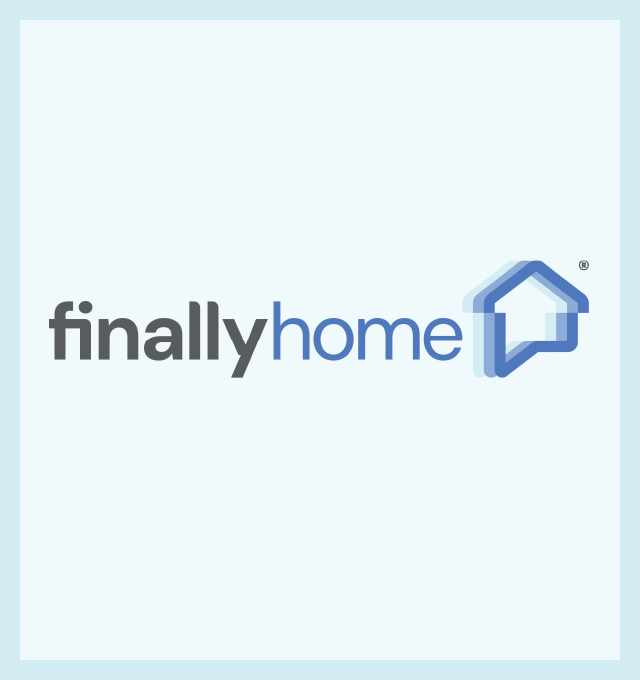Banks play a vital role in our everyday lives, even if we don’t always realize it. From storing money safely to helping us buy homes, banks are central to our economy. If you’ve ever wondered how banking works or why people talk about having a savings or checking account, you’re not alone. Banking can feel confusing at first, but once you understand a few core concepts, it all starts to make sense.
Whether you’re opening your first account or just want to understand how your money is managed, this article covers the basics of banking in a simple, straightforward way. If you want to dive deeper, our free financial literacy course, Finally Home! Financial Basics, offers step-by-step guidance to help you become a banking pro.

